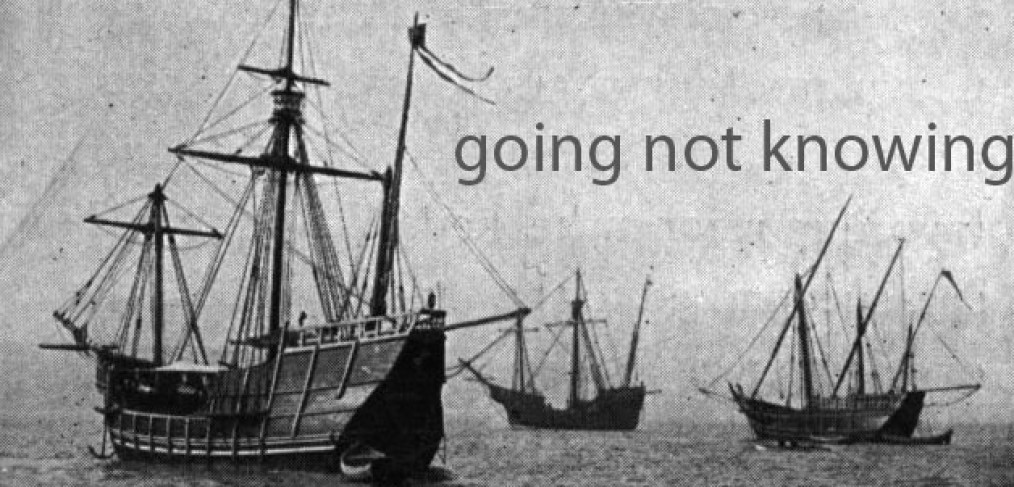1. A Psalm for God’s People Together
When the Psalmist writes this Psalm, he does not say “I,” “me” or “my.” Rather the personal references are to “our” (v. 1), “we” (v. 2) and “us/our” (v. 7, 11). The Christian life is most certainly a relationship between the individual and God, but it is expected to be lived in community. We are in this together; this identification of himself with a larger body of God’s people was on the Psalmist’s mind, and so this is what comes out of his mouth.
God puts us together with other people, rather than in solitude, for many reasons. One is that it exposes our sins, our vulnerabilities and our need for grace. When I live all by myself, I don’t annoy myself or exasperate myself, so I conclude that I am pretty patient and self-controlled. But when I live with a roommate, a spouse, my children or my brothers and sisters in Christ, I begin to realize that I am not nearly as patient as I thought I was. Living together exposes who I really am, and I begin to see my need for grace and help from God. Or I think I am content, until I come into contact with people who are what I wish I was or who have some things I have an itch for, and then my discontent starts to rev up. I think I am loving and generous when I live in my own world, but when I am called to go out of my way and take my precious time to listen to or to help others, I can be annoyed with the inconvenience.
Another reason that God puts us together with other people is because it gives help and encouragement. On my own, I may be down and low, but then a brother comes along and gives a mere word or a hand upon my shoulder or an ear to my concerns. The result of his connection with me with an expression of concern is that I have a whole new outlook on life!
2. A Psalm for God’s People in Trouble
What’s going on in this Psalm? Very clearly, according to verse 1 (“a very present help in trouble”), the Psalmist is in trouble.
What kind of trouble? All kinds.
His world is experiencing physical upheaval. Verses 2 and 3 speak of geological cataclysms, the earth changing, mountains slipping into the sea, along with seas roaring and foaming. The Psalmist is in the midst of earthquakes and tsunamis!
Further, the Psalmist’s world is experiencing political upheaval. Verse 6 speaks of the nations (not just one nation) in an uproar. The political equilibrium and balance of power is threatened. Kingdoms totter. There is global insecurity and instability.
What does God offer and promise in such times of trouble?
God offers a place of safety and security. Where can I go in times of trouble? To God Himself; He is the refuge and strength we seek. God offers a place of unassailable security. Even if we are in jail, in a war, in an ambulance, in ICU, God is still accessible. You cannot take Him from me, or me from Him.
God also offers freedom from fear.
Now this is a radical statement. Remember the physical and political upheaval that is happening all around him. These are real threats, not computer-generated visual effects. What could be more calculated to induce fear? Yet the Psalmist says in verse 2, “Therefore we will not fear.” Why no fear? Therefore… Strictly because God is our refuge and strength.
Perhaps you struggle with fear, anxiety, or panic. I offer you an antidote. “We will not fear.” God Himself as your fortress, refuge and place of security. This theme pervades the Psalm.
God is in the midst of her (verse 5). God will help her when morning dawns. The help does not come immediately, though I might wish for that. Not now. Not yet. Now it is night, but dawn is coming; it always does. The sun will come up tomorrow. Wait for God.
See what God will do (verse 8). God can destroy what man builds. God can even make wars to cease. God breaks the bow, cuts spears and burns chariots. Wars and their widespread threat of destruction are completely under the power of God.
Relax (verse 10). Cease striving. Know that God is God. I am not my own Savior. I am too little, too weak to rescue much of anything or even escape my troubles. But God is God. He will be exalted in the earth as He exercises His strength and power.
This God is with us (verse 11). Therefore we experience freedom from fear.


